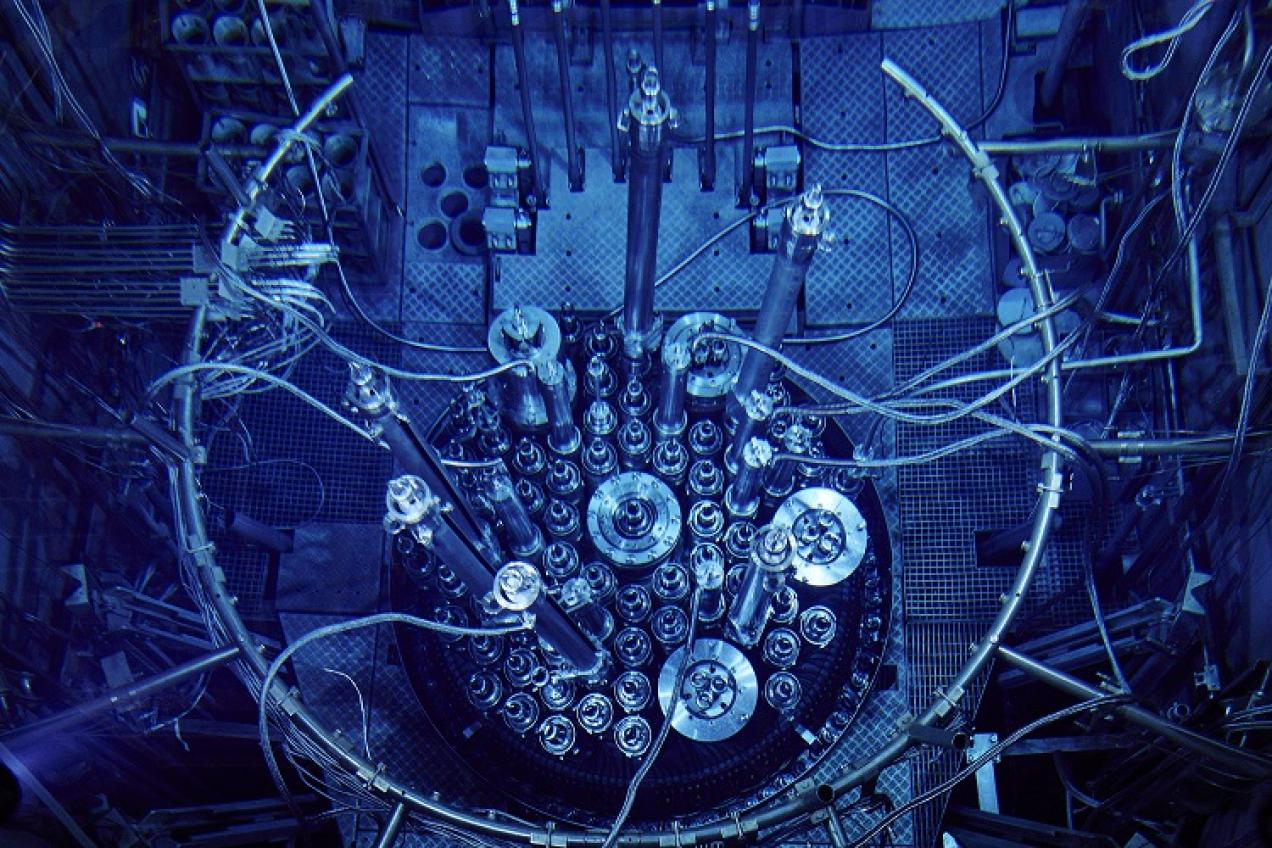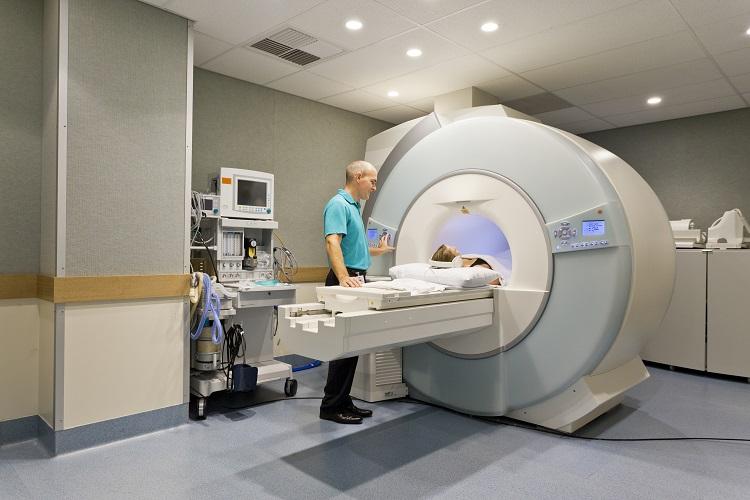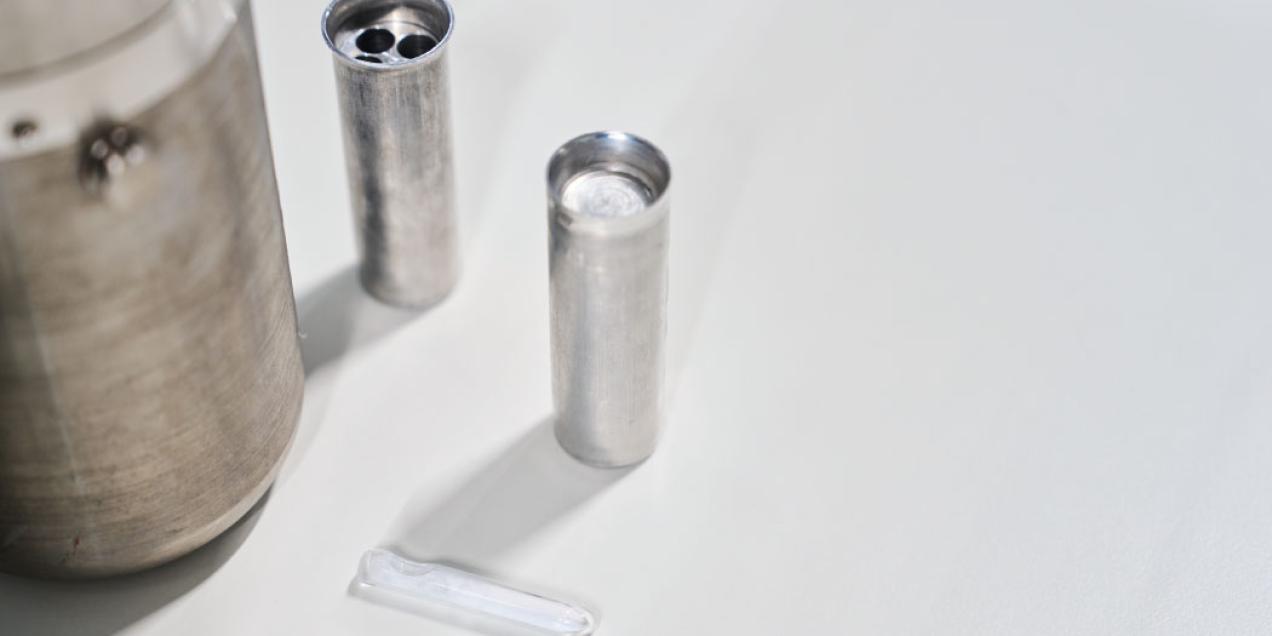Coronavirus will not get the better of SCK CEN: more than 9 million cancer patients received help
SCK CEN took stringent measures to guard against the coronavirus in its research centre – and certainly in its BR2 research reactor. “The production of medical radioisotopes cannot be allowed to stop under any circumstances. People's lives depend on it,” says Eric van Walle, Director-General at SCK CEN. The federal government recognised this too, naming SCK CEN an essential service. The research centre continued its work at full pace and successfully. More than 9 million cancer patients have been helped by SCK CEN's production in the BR2 research reactor.

The number of cancer patients continues to rise year after year. This also increases the need for medical radioisotopes. The BR2 research reactor is a crucial link in the worldwide supply chain for this. In 2019, in order to ensure a continuous supply, SCK CEN decided to raise the number of operating days for the BR2 research reactor from 160 to 210 days per year. When SCK CEN made that decision, nobody could have foreseen that a pandemic could potentially shut down production.
“We did all we could to guarantee the vital production of medical radioisotopes and to carry on our work at full pace. Nuclear medicine is counting on us, as are hundreds of thousands of patients whose diagnosis or treatment can't be postponed,” explains Eric van Walle, Director-General at SCK CEN. Sven Van den Berghe, Director of Nuclear Materials Sciences at SCK CEN, confirms that we have a great responsibility to society. “There is no available alternative to our research reactor for half of the supply needed.”
This is why the research centre is working on plans to safeguard the production of medical radioisotopes in the BR2 research reactor for the future. “The safety evaluation to ensure operation until 2036 is being prepared, in consultation with the safety authority,” says Van den Berghe.
People's lives depend on it.

More than 9 million diagnoses and 20,000 treatments
For many, the coronavirus is an invisible risk. “Our staff are perfectly trained to handle risks that aren't visible to the naked eye,” explains Eric van Walle. This comes from the ALARA principle, which has been drilled into the nuclear sector. Any exposure to radiation should be kept as low as reasonably possible (“As Low As Reasonably Achievable” – ALARA). In practice, this means: keeping a distance, providing protection and limiting exposure time. “If we turn this into protection against the coronavirus, it becomes: maintaining social distancing, wearing a face mask and limiting contact. We would like to commend our staff for their flexibility and boundless enthusiasm for continuing their work. That's how we're able to present such decent figures.”
By decent figures, the Director-General is referring to the six successful cycles that the BR2 research reactor has now seen this year. “Let's take a look at the two radioisotopes that account for most of the production: molybdenum-99, the source of the most important diagnostic radioisotope technetium-99m, and lutetium-177, a radioisotope actively used in the battle against prostate cancer. More than 9 million diagnoses and 20,000 treatments could be carried out thanks to Belgian production.” The seventh and final cycle of the year began on 12 November 2020.
Operation until 2036?
Every ten years, SCK CEN has to prove that all of BR2's systems are in order and functioning perfectly in line with the safety regulations. “The safety evaluation to ensure operation until 2036 is being prepared. But we're already convinced. It's achievable: thanks to the continual maintenance of the research reactor on the one hand, and thanks to additional investments already gathering steam on the other. Everything is geared around the FANC's safety requirements,” says Reactor Manager Steven Van Dyck. “In late 2015, the OSIRIS reactor in France closed down, followed by the NRU in Canada in 2016. Now, there are only six producers left to cover the world's demand for medical radioisotopes. And that demand is rising year after year. This underlines the need for our BR2 research reactor to be available.”
What are medical radioisotopes?
Belgium is one of the five global players in the production and distribution of medical radioisotopes. Medical radioisotopes are radioactive substances that are used in nuclear medicine to track down cancer (medical imaging) and to treat it (therapy). They are also used in other fields of medicine. A few examples: cardiology, pneumology, endocrinology and rheumatology.

